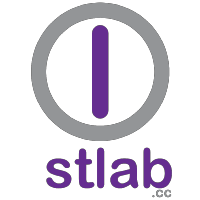C++ Weekly Episode 67: C++17's std::gcd and std::lcm—Jason Turner
Episode 67 of C++ Weekly.
C++17's std::gcd and std::lcm
by Jason Turner
About the show:
In this episode Jason explores the new std::gcd and std::lcm functions that have been added in C++17.


 Have you registered for CppCon 2017 in September?
Have you registered for CppCon 2017 in September?  Have you registered for CppCon 2017 in September?
Have you registered for CppCon 2017 in September?  Have you registered for CppCon 2017 in September?
Have you registered for CppCon 2017 in September?